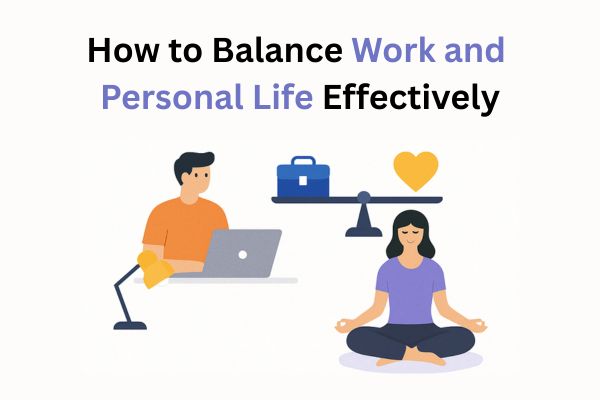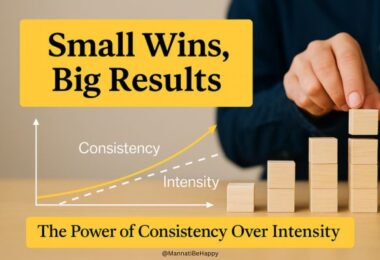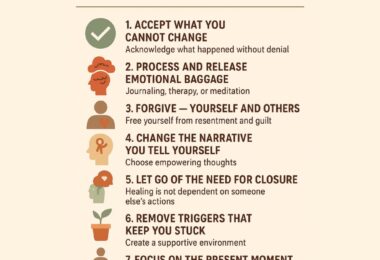🌟 Why Is Work-Life Balance Important?
-
Reduces Stress
Chronic overwork can lead to burnout, anxiety, and health issues. -
Improves Relationships
Having time for loved ones strengthens emotional bonds and support systems. -
Boosts Productivity
A well-rested, mentally balanced person gets more done in less time. -
Enhances Quality of Life
Balance gives you time for passions, hobbies, and personal growth.
🛠️ 10 Practical Ways to Balance Work and Personal Life Effectively
1. Set Clear Work Hours
Stick to a consistent work schedule. Avoid the habit of answering work emails or calls after hours unless it’s an emergency. Communicate your working hours to colleagues and clients.
2. Create a Dedicated Workspace
Whether at home or in the office, a separate space for work helps psychologically separate professional responsibilities from personal time.
3. Use Time Management Tools
Utilize calendars, planners, or apps like Notion, Trello, or Google Calendar to organize tasks and schedule breaks. Prioritize tasks using techniques like the Eisenhower Matrix or Pomodoro Technique.
4. Prioritize Self-Care
-
Get 7–9 hours of sleep.
-
Eat nutritious meals.
-
Exercise regularly—even a short walk counts.
Self-care isn’t selfish; it’s essential for balance.
5. Take Regular Breaks
Short breaks between tasks improve focus and energy. Go for a walk, meditate, or just stretch—don’t underestimate the power of a 5-minute reset.
6. Learn to Say No
Don’t take on more than you can handle. Declining extra tasks or social invitations that drain your time or energy is a healthy boundary.
7. Automate and Delegate
Whether it’s automating bill payments or delegating tasks at work, freeing up your mental bandwidth helps you manage both life spheres more efficiently.
8. Make Time for Relationships
Schedule time for friends, family, or a partner. Even a simple dinner or weekly call strengthens personal bonds.
9. Pursue Hobbies and Passions
Do what you love outside of work. Whether it’s gardening, painting, or playing a sport—these activities refresh your mind and spirit.
10. Reflect and Adjust Weekly
Set aside 15–20 minutes each week to assess what worked and what didn’t. Adjust your schedule, priorities, or goals accordingly.
🧭 Sample Weekly Routine to Balance Work and Personal Life
To put theory into practice, try following a weekly plan where your work, rest, and fun are scheduled intentionally. Here’s a snapshot:
-
Monday–Friday: Structured work blocks, breaks, evening wind-down, and family time.
-
Saturday: Personal projects, socializing, or rest.
-
Sunday: Planning, reflection, and time for rejuvenation.
(📥 Download the Free Weekly Work-Life Balance Template)
🔁 Common Mistakes to Avoid
-
Multitasking during personal time
-
Overcommitting to work or social obligations
-
Neglecting health and wellness for productivity
-
Not asking for help when needed
💬 Real-Life Example
Priya, a software developer, used to work late into the night, sacrificing sleep and personal time. After experiencing burnout, she adopted a strict 9–6 work window, started meditating, and blocked out weekends for family. Within months, her productivity improved, and her relationships felt more meaningful.
✨ Final Thoughts
To balance work and personal life effectively is not about being perfect—it’s about being intentional. Start small. A walk during lunch, turning off notifications at night, or planning your week ahead can go a long way.
Remember: A balanced life isn’t just better for your mental and emotional health—it empowers you to thrive in every area of life.
📌 Quick Recap
| Tip | Benefit |
|---|---|
| Set boundaries | Prevents burnout |
| Plan your time | Increases productivity |
| Prioritize relationships | Builds emotional support |
| Make time for self-care | Boosts mental and physical health |
| Reflect and adjust | Keeps life in tune with your goals |
✅ Tips to Personalize It:
-
Replace “Deep Work” with your job-specific tasks.
-
Adjust exercise, sleep, or work blocks to fit your time zone and energy levels.
-
Add your spiritual, religious, or cultural rituals if applicable.
-
Use colors to differentiate work, self-care, and social time.









